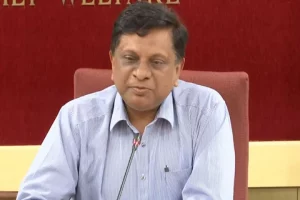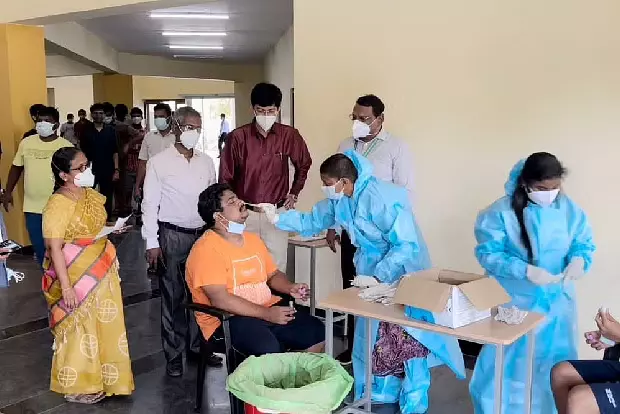On the occasion of International Thalassemia Day on May 8, the Ministry of Health and Family Welfare stressed the importance of timely detection and prevention of thalassemia.
In a talk with ANI, Union Heath Secretary Apurva Chandra stated, “Timely detection and prevention are the most effective strategies to tackle thalassemia.”
Thalassemia is an inherited blood disorder that causes the body to have less haemoglobin than normal.
“There are almost 1 lakh thalassemia patients in the country, with approximately 10,000 new cases reported each year. There is an urgency for proactive intervention, aided by timely detection through screening,” he added.
“As I am told, we have already made it a part of. Some of the states had requested it, and some of the states are already doing some testing along with Sickle Cell for Thalassemia this year. If it can be extended to other states, we can try to make it a mandatory part of the RCH (Reproductive Child Health),” Apurva Chandra added.
He further added, “The best way is prevention – that is avoiding the birth of Thalassemics and taking preventive steps. So, NHM (National Health Mission), under our RCH (Reproductive Child Health) is monitoring almost 3 crore women who are giving birth to children every year, to see whether we can make it a part of that strategy that we test their blood also and come to the conclusion whether the child is likely to be born with Thalassaemia and take some preventive step. So, I think that is the way forward but otherwise, bone marrow transplant as a cure or transfusion as a care are both very difficult.”
Dr Anupam Sachdeva, Chairperson, Department of Paediatrics at Sir Ganga Ram Hospital explained about Thalassemia, he said, “Thalassemia is a genetic disorder which can be prevented by screening of all the population. We can screen the patient with the help of a simple blood test and make a diagnosis of thalassemia trait by which we can prevent the disease completely. We want that sickle cell mission which was launched last year by the government of India. Also, we should have a thalassemia mission so that we can combine both the missions and make it into a hemoglobinopathies prevention mission.”
International Thalassemia Day is observed every May 8 to emphasize the importance of disease prevention, raise awareness, sensitize stakeholders, promote early detection, and ensure quality care for those affected by thalassemia.




















